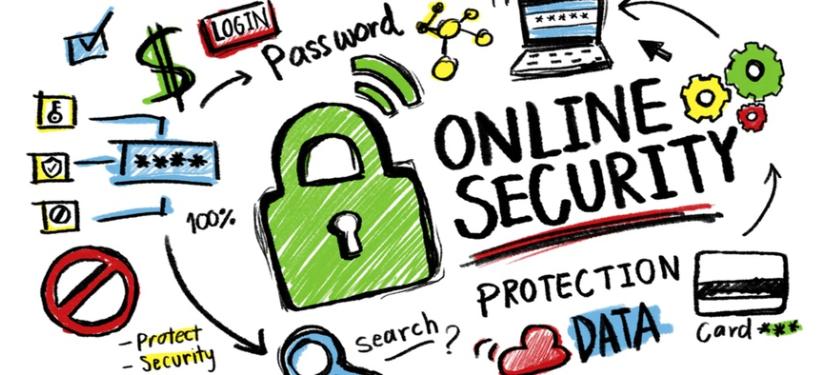
Why Safe Internet Day Matters Even More Now in 2021?
With people depending on the internet more than ever before, online safety has become a matter of great concern, making Safe Internet Day even more important today.
The coronavirus pandemic severely impacted the world at the onset of 2020, resulting in millions of people around the world cooped up in their homes. With the entire world in shutdown, offices, educational institutions, movie theatres, etc. closed and no restaurants to dine in, people ended up spending more of their lives online.
Reports suggest, in 2020, India had nearly 700 million internet users across the country. Coronavirus, thus, changed the way we lived and worked with all of us using the internet like never before.
Getting comfortable with working from home, seeking out entertainment on streaming services, learning new skills online, indulging in online shopping, the lockdown made us adapt to changes which we never thought was possible. Habits, thus, evolved!
Come 2021 and we find ourselves thriving on the opportunities the internet has to offer. While we are grateful for having internet help us smoothly cruise through the terrible times, however, like everything else, it too has its share of disadvantages. Online safety has become a matter of great concern, across the globe, especially given the number of younger people who are now using the internet.
Threats posed by the Internet:
The internet has truly transformed how young people learn, socialise and communicate today, but the pressure to share intimate images, rising cases of cyberbullying and cyber scams, exposure to content that may promote self-harm, anorexia etc., make the youth more vulnerable and put them at a greater risk.
Further, the majority of young people today use smartphones for everything. Numerous apps are downloaded every day, thereby exposing sensitive personal information. With the boom in online shopping, financial information is knowingly or unknowingly shared for making online payments, thereby increasing the risk of sharing sensitive data.
Students, especially those in college, rely heavily on the internet for their projects, etc. Every time they open a link, pop-ups and links to unsafe websites appear. Clicking on these can lead to malware, thus damaging their devices and stealing critical personal information. Moreover, online scams in the form of contests, discounts, free goodies, etc. trick youngsters into sharing personal information, thereby leading to a risk of identity theft.
Besides, online grooming, cyberbullying and peer pressure, online social abuse and exploitation, and fatal online challenges such as the Blue Whale Challenge, which claimed over hundred lives across the world, call for stringent actions to be taken in order to make the internet a safer place for young people.
Safe Internet Day (February 9) offers a great opportunity to come together to empower young people and make the internet a safer and better place. Any offensive material on the internet should be removed in the best interest of children. Dangers and threats posed by the internet should be rightfully addressed and solutions must be worked upon. Online safety should be made a priority as the young people rely on tech more than ever today to learn, communicate and for entertainment.
What we can do to make Internet safe & better:
As leaders, mentors, educationists, parents and guardians, we need to intervene and get involved. We need to make the safety of our children our responsibility. We need to talk to them about safe internet use, raise awareness regarding online dangers and threats, and equip them with necessary skills and competencies. Small steps such as encouraging children to check the reliability and credibility of online websites, keeping their social media accounts private and avoiding adding unsavoury people to their friend list can make a difference. Students should be made aware of the importance of privacy. They should know it is ‘not okay’ to share their pictures with strangers or be harassed, bullied or humiliated online.
The need of the hour, therefore, lies is in inculcating good habits among the youth and developing their digital intelligence and social and emotional skills such as respect, empathy, critical thinking, and responsible behaviour. This Safe Internet Day, let us help them recognize online threats and safeguard themselves against it.
